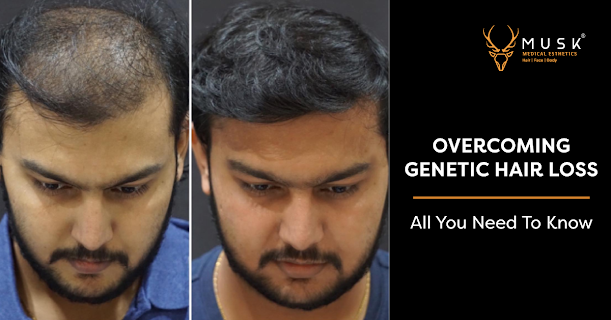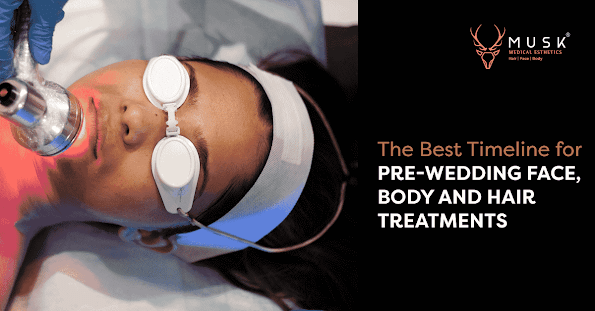HOW TO REVERSE PREMATURE AGING? CAUSES AND TREATMENTS
Premature aging, also known as accelerated aging or early onset aging, refers to the appearance of aging signs on the skin at an earlier age than expected. It involves the development of wrinkles, fine lines, sagging skin, age spots, and other skin imperfections that are commonly associated with aging.
Importance of addressing premature aging:
Addressing premature aging is essential not only for aesthetic reasons but also for overall skin health. Premature aging can affect one’s self-confidence and contribute to a negative body image. Moreover, it is often a reflection of underlying damage to the skin, such as collagen and elastin breakdown, reduced skin cell turnover, and damage caused by environmental factors. By taking proactive steps to reverse premature aging, individuals can restore a more youthful appearance and improve the health and vitality of their skin.
In this blog, we will explore the common causes of premature aging and discuss various treatments that can help reverse the signs of aging. We will delve into lifestyle factors such as stress, lack of sleep, unhealthy diet, smoking/drinking, UV exposure, and pollution as contributors to premature aging. Additionally, we will focus on non-surgical treatments that can aid in regaining youthful skin, including Botox and cosmetic injectables, the Vampire facelift, Microgold infusion Facial, and the Hot Stone Facelift. By addressing the causes and exploring effective treatments, individuals can embark on a journey towards rejuvenating their skin and achieving a more youthful and radiant appearance.
Common Causes of Premature Aging
A. Stress and its impact on aging:
Stress accelerates aging by increasing inflammation, oxidative stress, and disrupting the skin’s repair process. Chronic stress triggers the release of cortisol, leading to collagen and elastin breakdown, causing wrinkles and sagging skin. Sleep disturbances further hinder skin regeneration. High perceived stress levels are linked to visible signs of aging, like wrinkles and reduced skin elasticity. A study in the Journal of Investigative Dermatology revealed that women experiencing more stress had a greater likelihood of skin aging.
B. Lack of sleep and its effect on the skin:
Adequate sleep is essential for skin health and rejuvenation. During sleep, the body repairs and regenerates cells, including skin cells. Lack of sleep can disrupt this process, leading to impaired collagen production, reduced skin hydration, and a weakened skin barrier. As a result, the skin may appear dull, dehydrated, and more prone to wrinkles and fine lines.
In a study published in Clinical and Experimental Dermatology, participants who had poor sleep quality were more likely to have uneven pigmentation, reduced skin elasticity, and increased signs of skin aging compared to those who had adequate sleep.
To Read Full Blog : PREMATURE AGING




Comments
Post a Comment